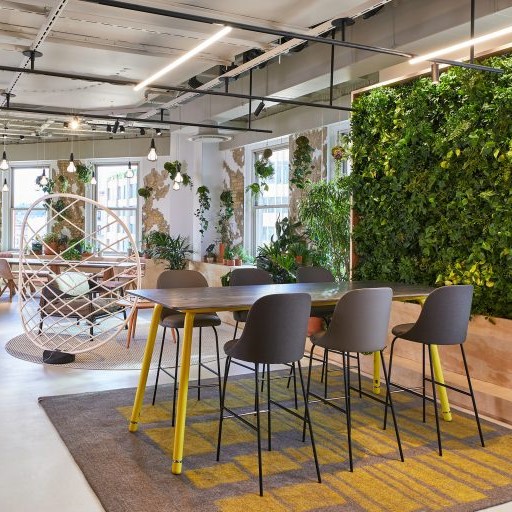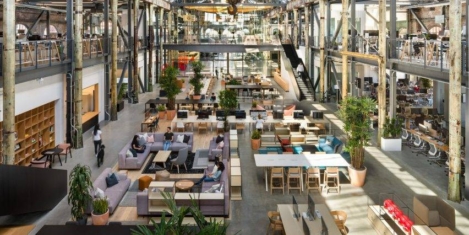To provide the best experiences, we use technologies like cookies to store and/or access device information. Consenting to these technologies will allow us to process data such as browsing behaviour or unique IDs on this site. Not consenting or withdrawing consent, may adversely affect certain features and functions.
The technical storage or access is strictly necessary for the legitimate purpose of enabling the use of a specific service explicitly requested by the subscriber or user, or for the sole purpose of carrying out the transmission of a communication over an electronic communications network.
The technical storage or access is necessary for the legitimate purpose of storing preferences that are not requested by the subscriber or user.
The technical storage or access that is used exclusively for statistical purposes.
The technical storage or access that is used exclusively for anonymous statistical purposes. Without a subpoena, voluntary compliance on the part of your Internet Service Provider, or additional records from a third party, information stored or retrieved for this purpose alone cannot usually be used to identify you.
The technical storage or access is required to create user profiles to send advertising, or to track the user on a website or across several websites for similar marketing purposes.
 Research gathered from 2000 office workers across the UK claims that eating smelly food is the most irritating behaviour in the office. The study, conducted by 4Com aimed to discover which habits most get under people’s skin in the work environment. When it comes to the habits workers admit to having themselves, 33 percent say they have no irritating habits at all. 15 percent are aware they speak loudly, and 13 percent claim they have a tendency to sing while they work. (more…)
Research gathered from 2000 office workers across the UK claims that eating smelly food is the most irritating behaviour in the office. The study, conducted by 4Com aimed to discover which habits most get under people’s skin in the work environment. When it comes to the habits workers admit to having themselves, 33 percent say they have no irritating habits at all. 15 percent are aware they speak loudly, and 13 percent claim they have a tendency to sing while they work. (more…)
































July 15, 2019
The importance of self care for mental health
by Christine Husbands • Comment, Wellbeing